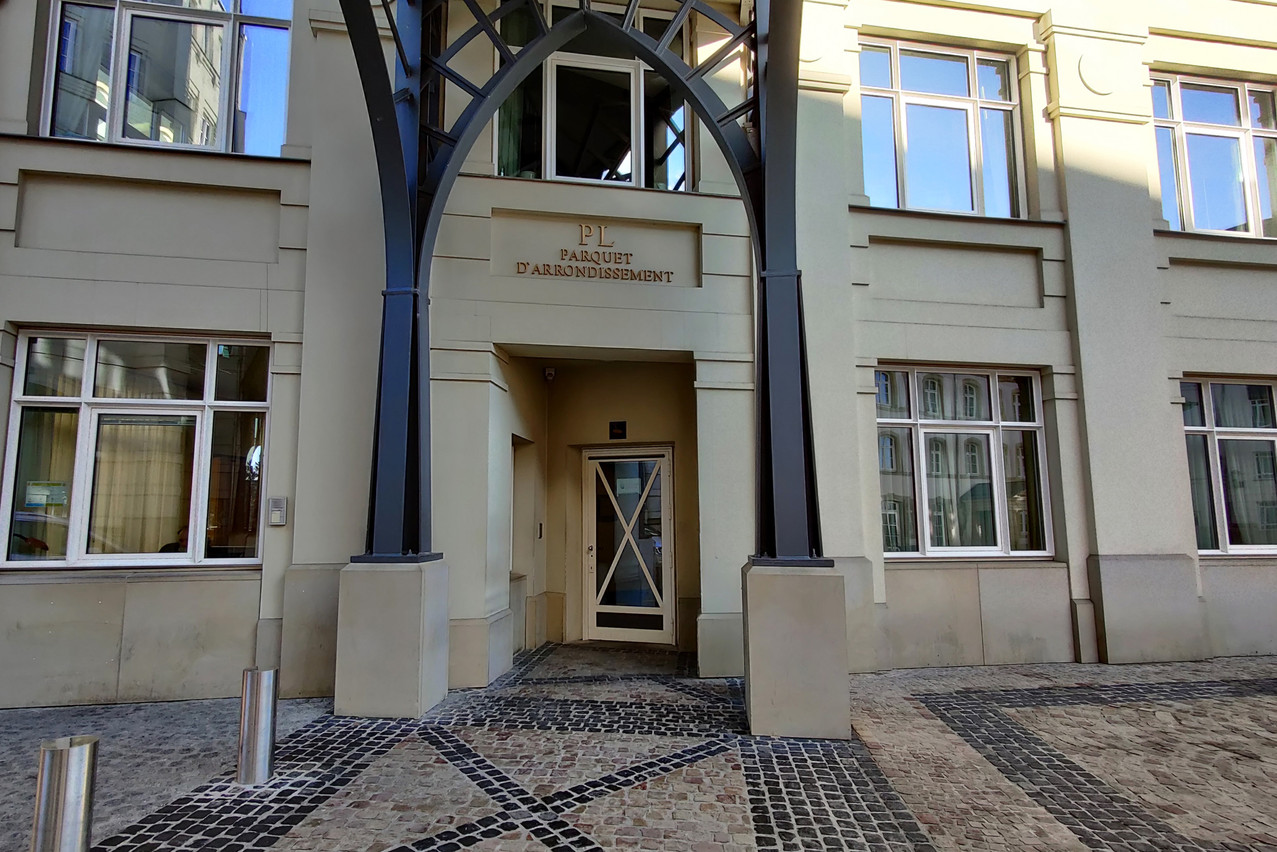Twenty bombs targeted electricity and gas facilities, police stations, newspaper offices, a meeting of the European Council, the airport, and court buildings, among other locations, between 1984 and 1986.
A landmark trial started in 2013 but petered out in 2014 after 175 court dates. In July 2019, the prosecutor accused nine former police staff of attempted homicide, wilful assault, arson, false testimony and the obstruction of justice.
The prosecutor’s office on Tuesday said it had indicted another suspect in a report submitted to an investigating judge last week, calling for Geiben as well as eight out of the nine suspects identified in 2019 to appear before court. The ninth suspect has died.
Geiben had previously appeared as a witness during the trial but now stands accused of being a co-author and accomplice of the bombings.
The public prosecutor’s office said it cannot currently release more information about the case as proceedings are ongoing but added that until proven guilty the suspects are considered innocent.
The so-called Bommeleeër case played a role in ushering in the end of prime minister Jean-Claude Juncker’s time in office. A recording of Juncker (CSV) discussing allegations that Grand Duke Henri’s brother, Prince Jean, had been spotted at the site of one of the bombings formed part of another ongoing case into illegal wiretapping carried out by Luxembourg’s secret service, the SREL.
Juncker in 2013 faced a vote of no-confidence over an out-of-control secret service, directly overseen by the prime minister. The PM cut short the vote and instead urged the grand duke to dissolve parliament and call elections, which saw a new coalition form between the DP, LSAP and déi Gréng.
